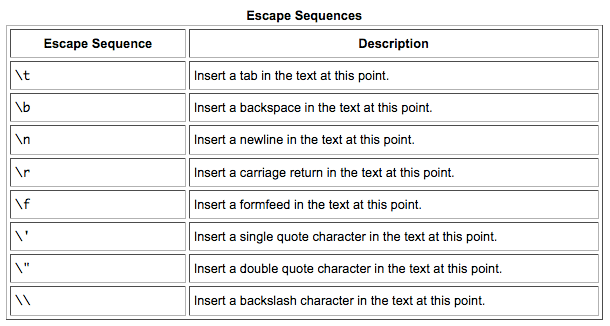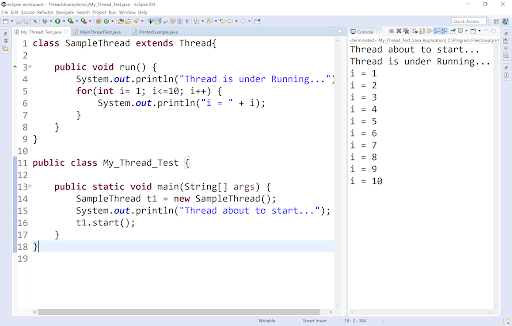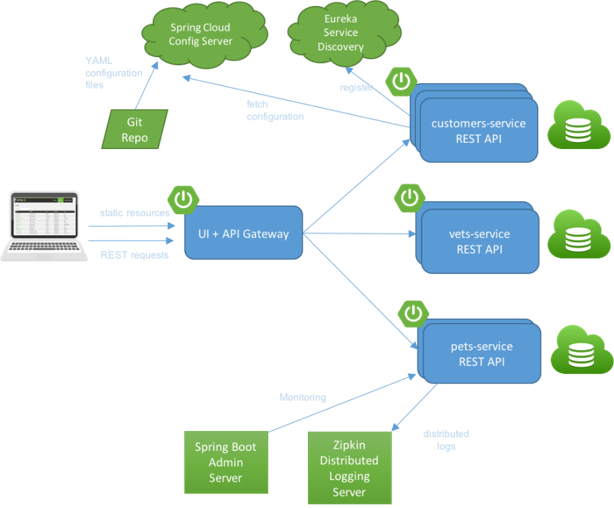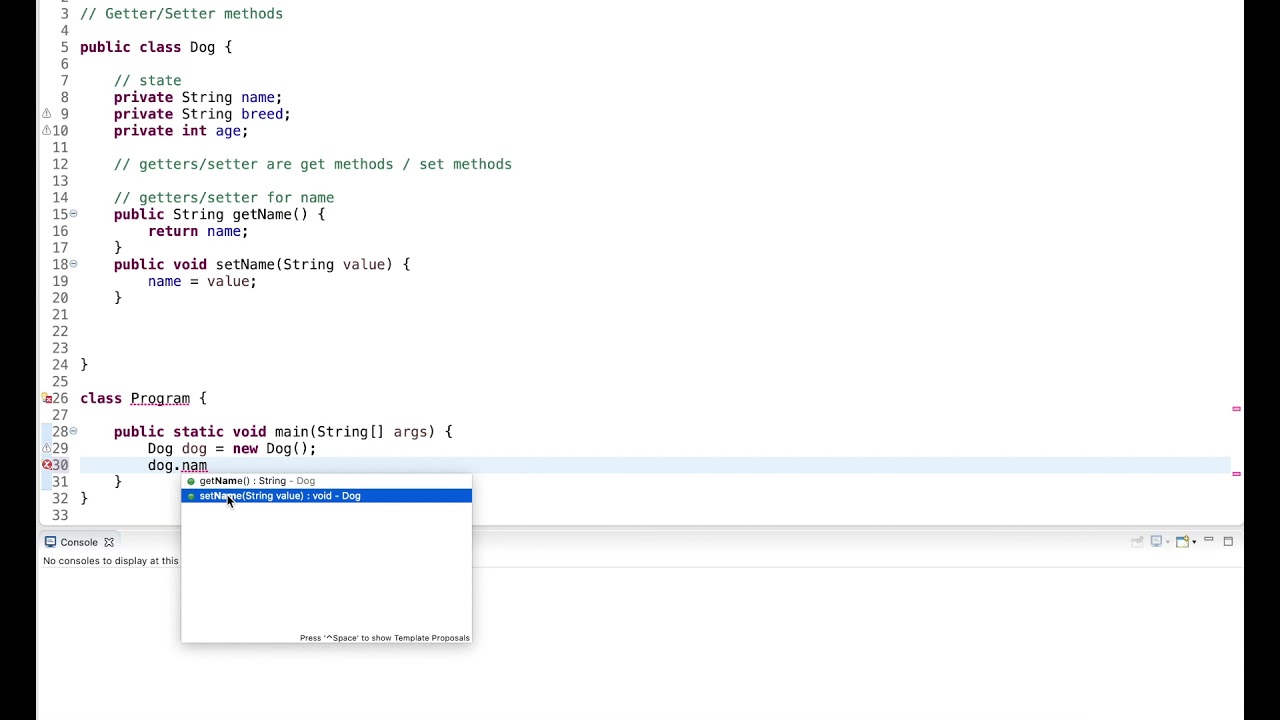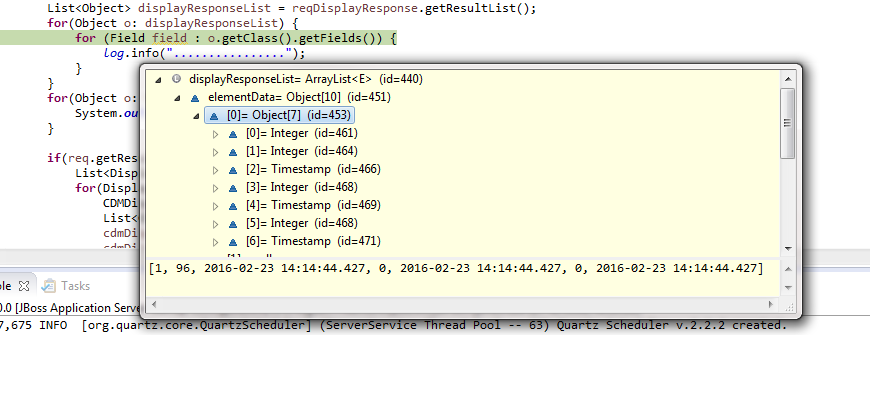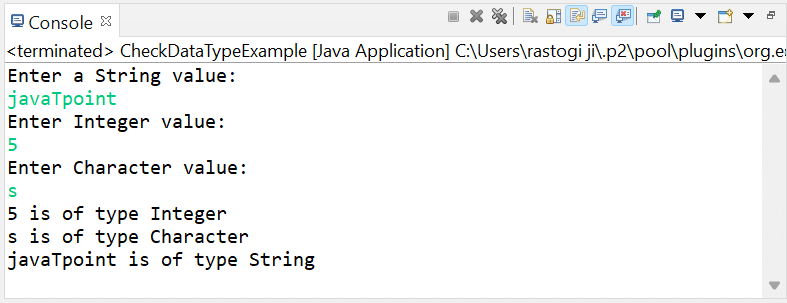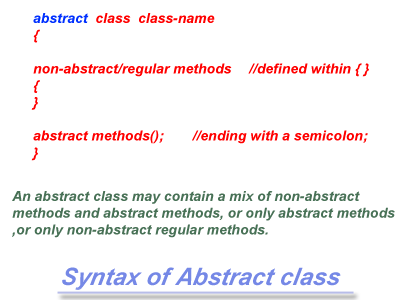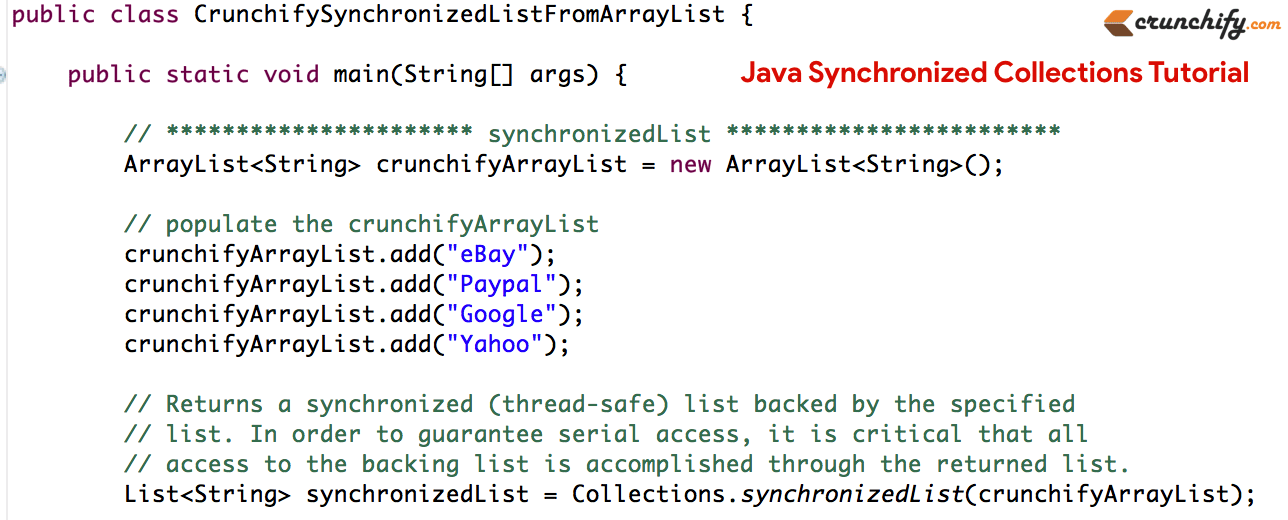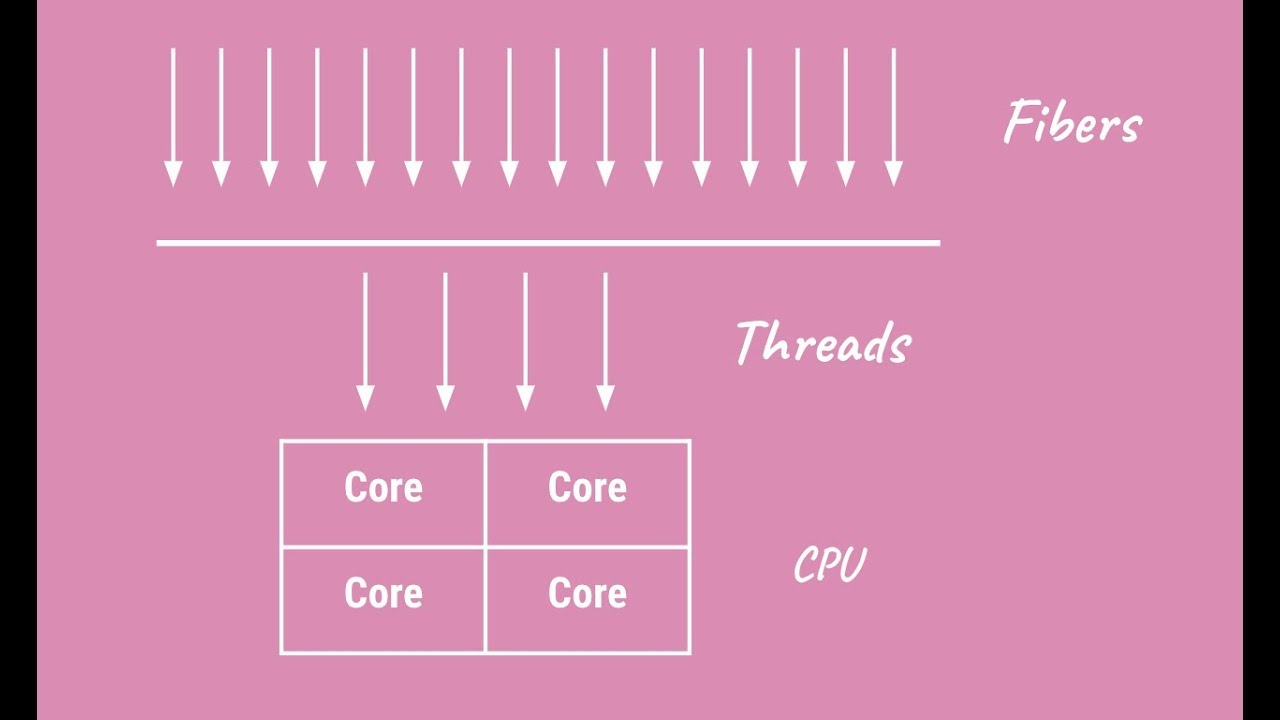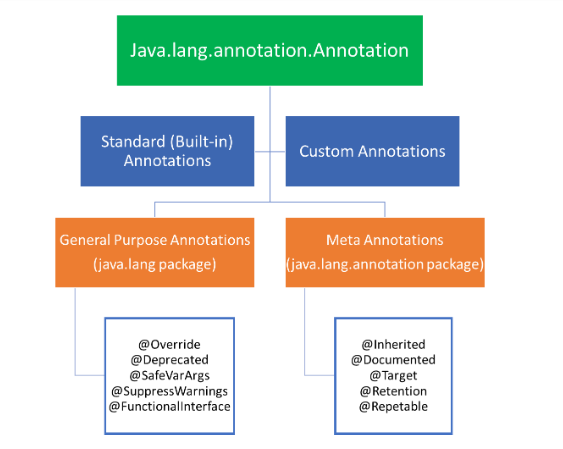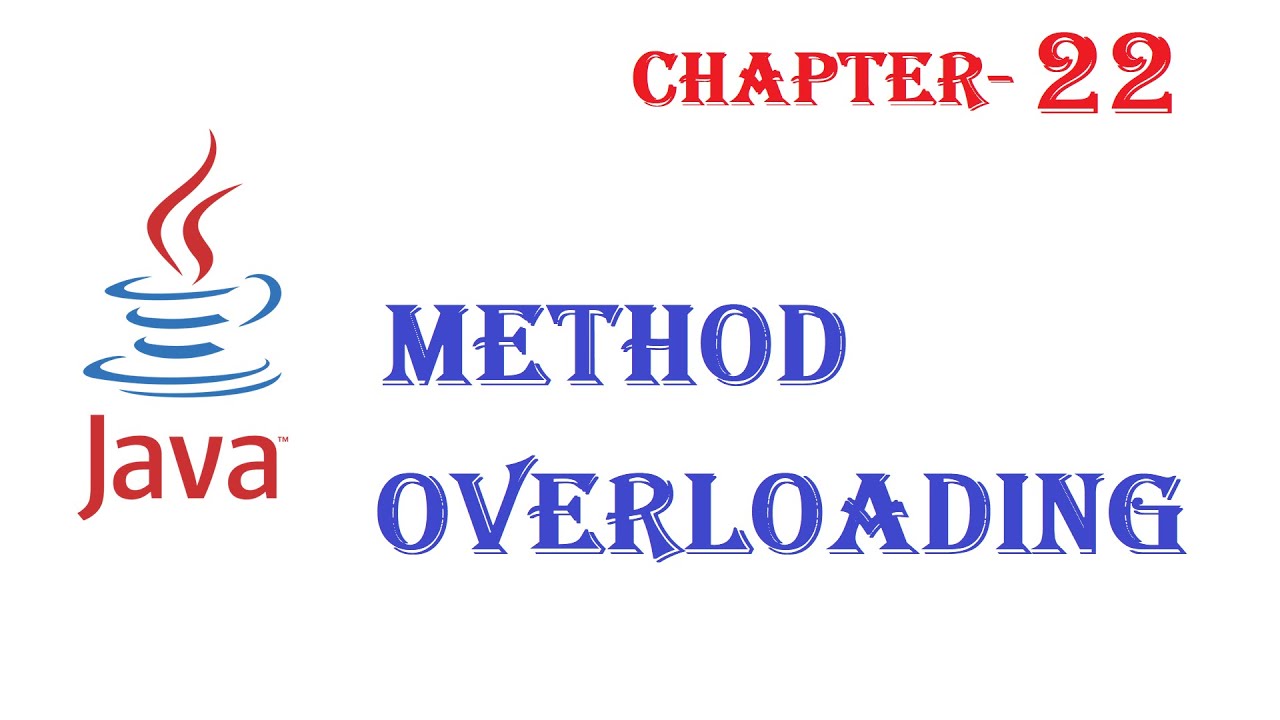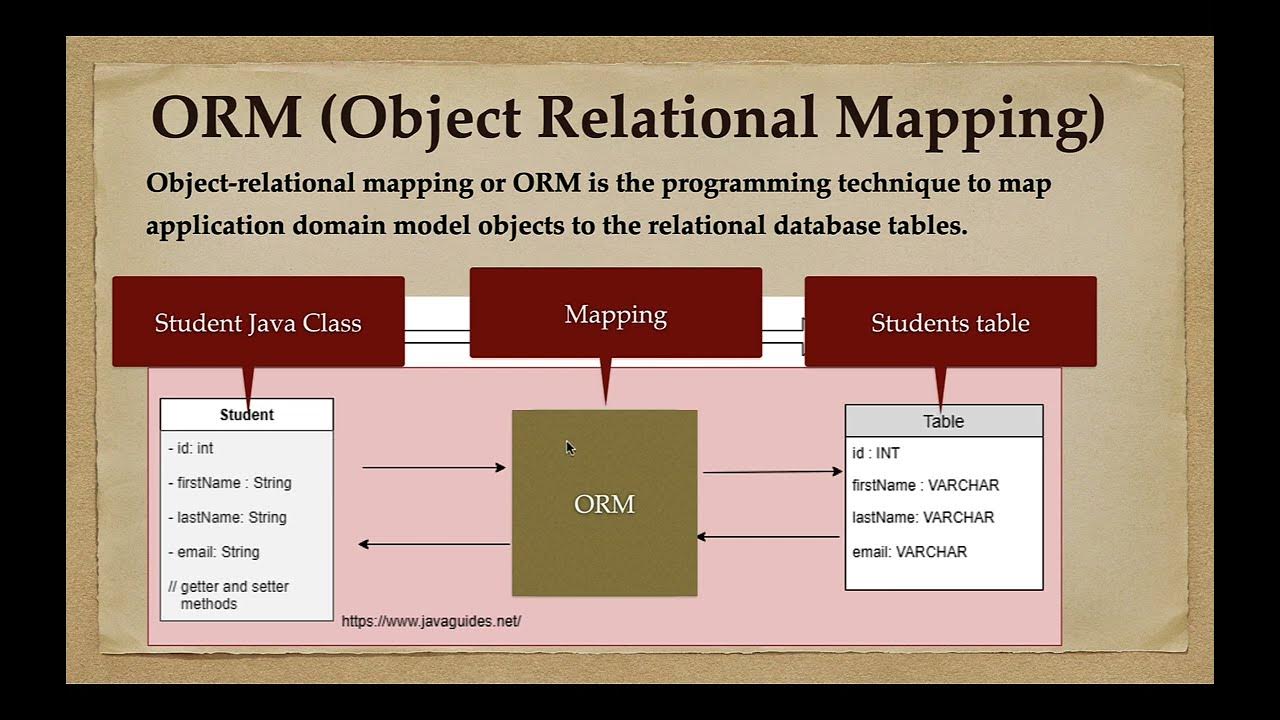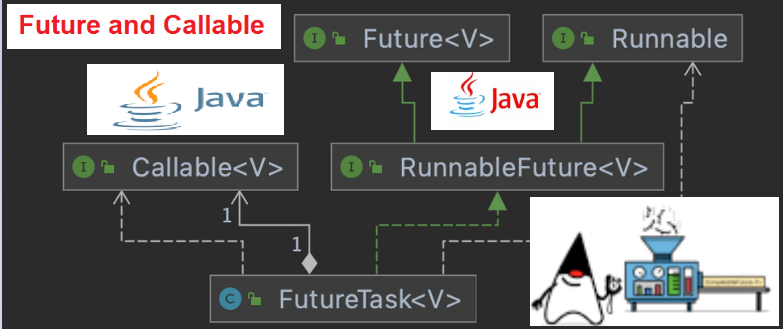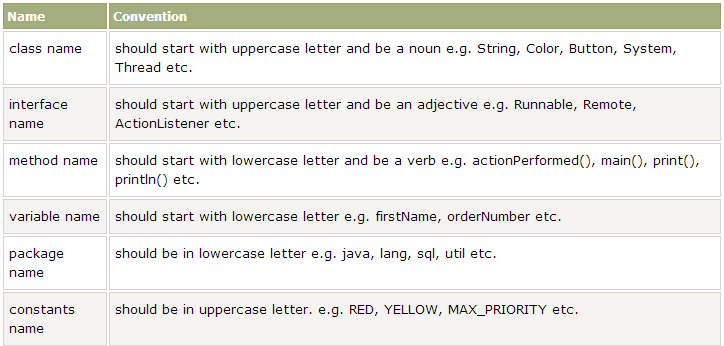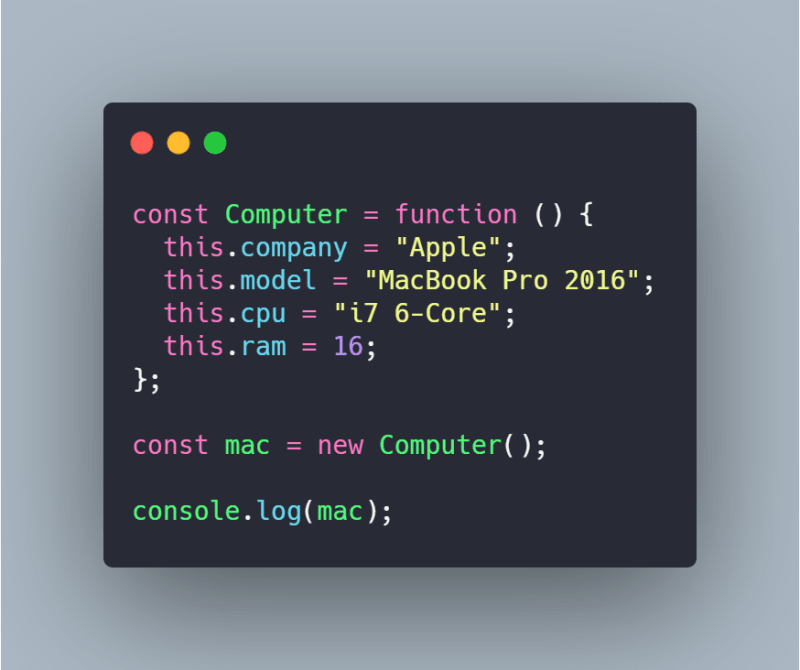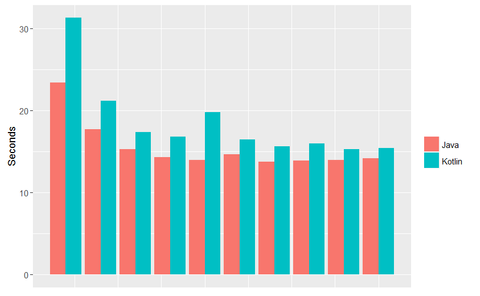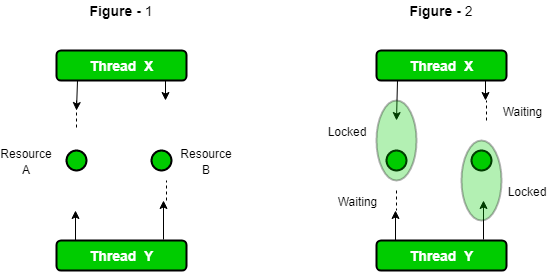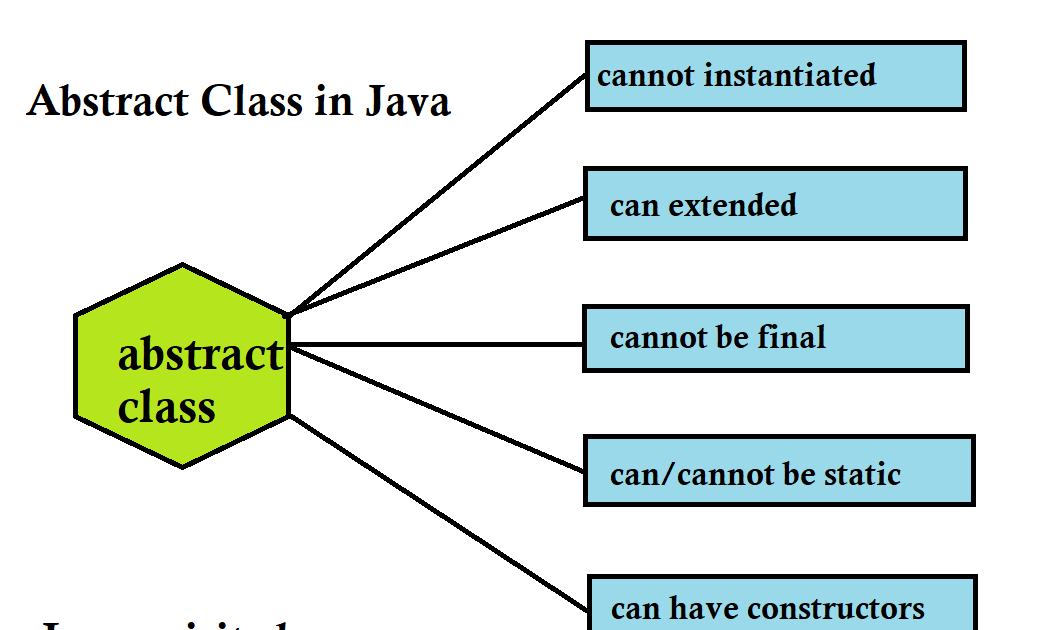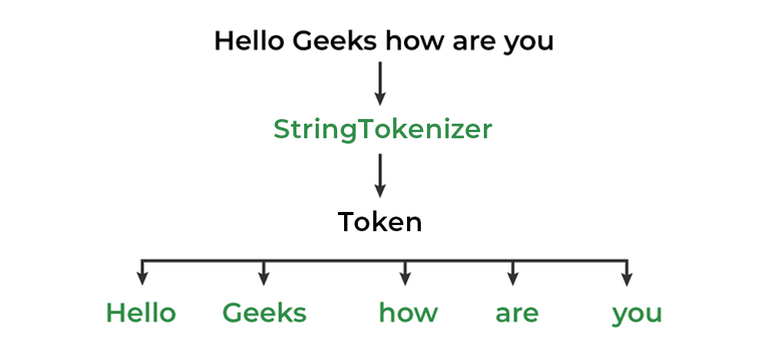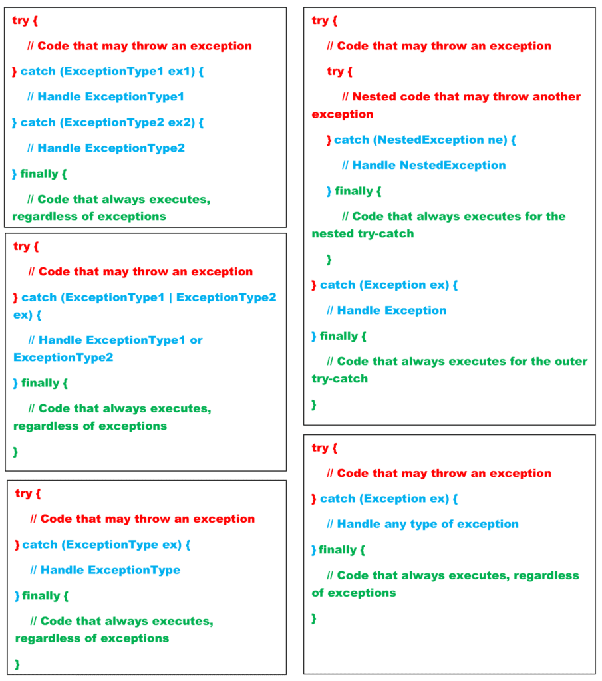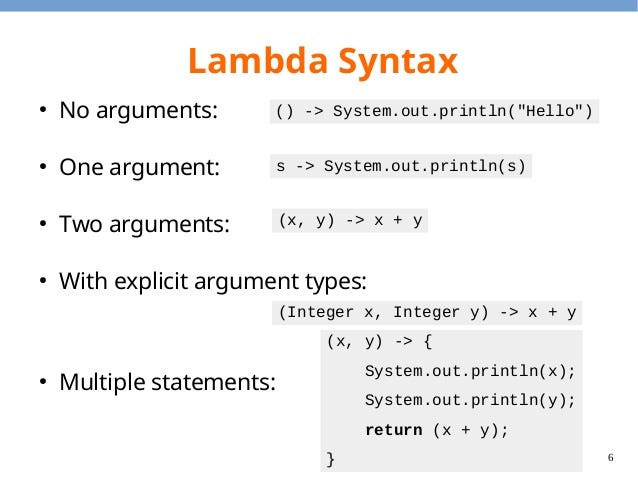When should you use generics in Java?
When should you use generics in Java?
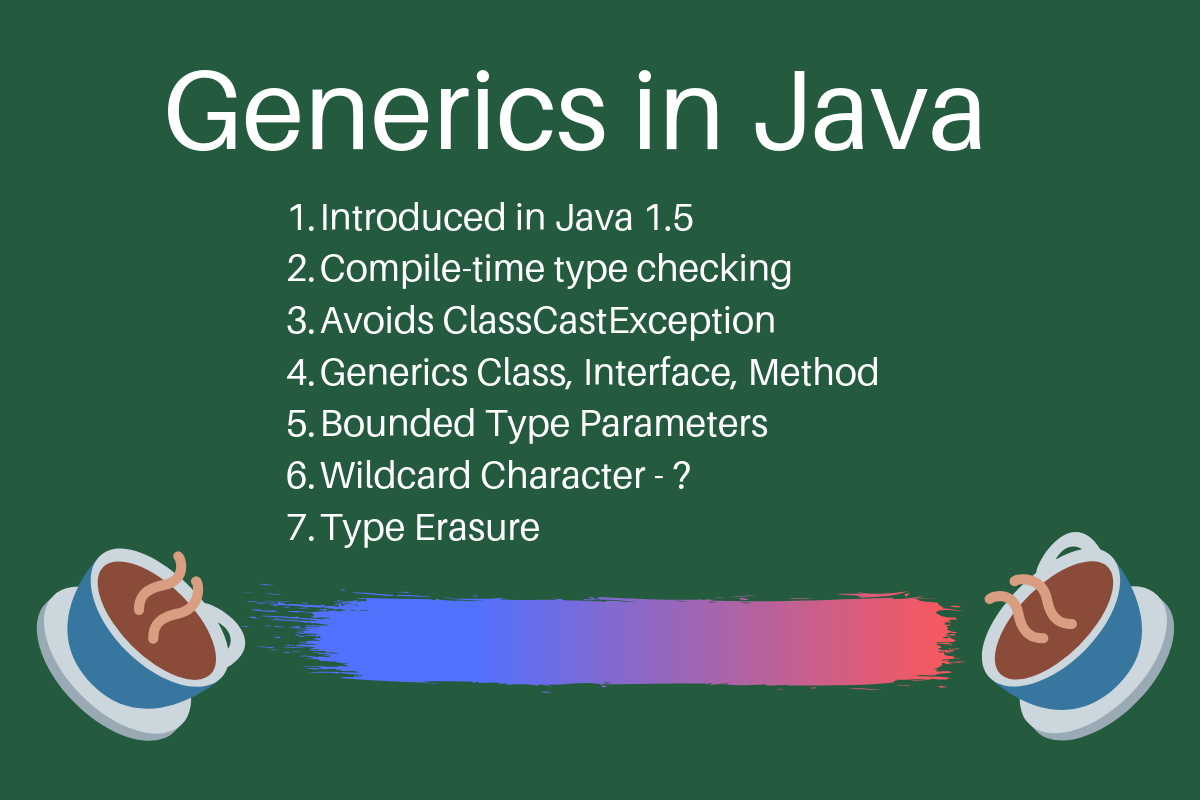
I'd be happy to help!
In Java, generics are a feature that allows developers to specify the type of data that can be stored in a class or interface. This is particularly useful when creating classes that work with generic types, such as collections.
Generics were introduced in Java 5 (also known as Java 1.5) as a way to improve the flexibility and reusability of code. Before generics, Java developers had to resort to using casts and exceptions to handle different types of data, which could lead to runtime errors. With generics, you can define classes that work with multiple types without having to worry about the specific type at compile-time.
Here are some scenarios where you would typically use generics in Java:
Generic collections: Generics are particularly useful when working with collections likeList, Set, or Map. By specifying the type of data that can be stored in a collection, you can ensure that only instances of that type are added to the collection.
For example, if you have a List that stores strings, you can define it as List<String> myStrings; This way, you can't accidentally add an integer or another type of object to the list.
int and double types. Type-safe interfaces: Generics enable you to create interfaces that specify the type of data they work with. This way, any classes that implement those interfaces are forced to adhere to the type constraints, ensuring type safety. Avoiding casting: Without generics, when you need to work with objects of different types, you would have to use casts to ensure that the correct type is used. Generics eliminate this need by specifying the type at compile-time. Improved code reusability: By defining classes and interfaces using generics, you can create code that is reusable across multiple types. This reduces code duplication and makes your code more maintainable.
Some best practices to keep in mind when working with generics are:
Use meaningful type names (e.g.,String instead of Object) for clarity. Be careful with raw types; avoid using them unless you're sure it's safe. Read the Java documentation carefully, as there are some edge cases and exceptions to be aware of.
In summary, you should use generics in Java when:
You need to work with multiple types without casting or exceptions. You want to ensure type safety for your data. You want to create reusable code that works with different types. You want to define classes and interfaces that are flexible and adaptable to different types.Now, if you'll excuse me, I'll be off exploring the vast expanse of Java generics!
Why we are using generics in Java?
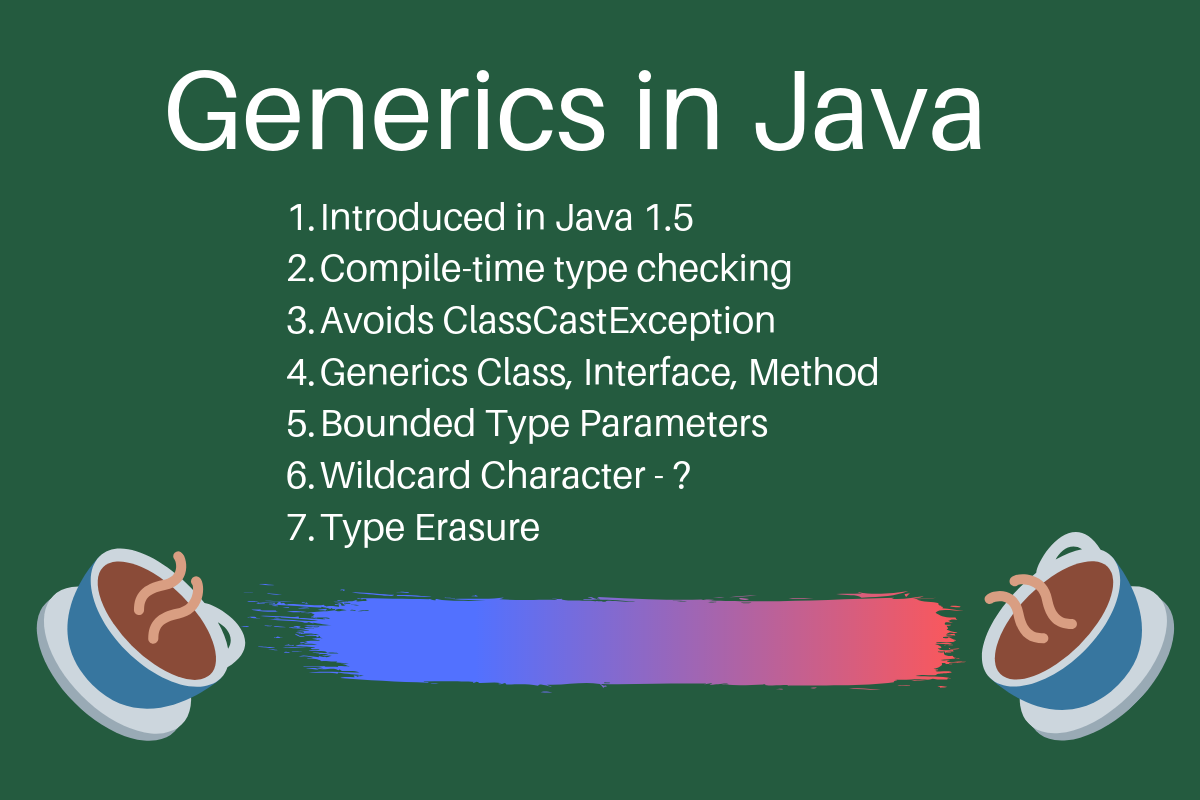
Generics in Java were introduced with version 5 of the language (released in 2004) as a mechanism to provide compile-time type safety for collections and other generic containers. In essence, generics allow you to specify the type of data that can be stored or manipulated by an object or class without explicitly declaring it at runtime.
One of the main motivations behind introducing generics was to provide a way to prevent type errors from occurring at runtime. Prior to Java 5, when working with collections and generic containers, developers had to use casts and manual type checking to ensure that the correct types were being used, which often led to runtime exceptions.
Generics enable you to define classes, interfaces, or methods that can work with different data types while still maintaining type safety. This is achieved by using a type parameter, represented as T (or any other name chosen by the developer), to represent the generic type. The type parameter is bounded by a set of allowed types, known as bounds.
When you use generics, the Java compiler performs type checking at compile time, which means that it checks the types used in your code against the declared bounds and prevents you from using incompatible types. This results in more robust and maintainable code, as type errors are caught early on during development rather than at runtime.
Another key benefit of using generics is the ability to write reusable code that can work with different data types without requiring explicit casts or manual type checking. For example, consider a List class that can store integers, strings, or other primitive types. With generics, you can define the list as follows:
public class MyList {private List list;
public void add(T element) {
list.add(element);
}
public T get(int index) {
return list.get(index);
}
}
In this example, the MyList class is a generic class that can store elements of any type T. The compiler ensures that only elements of type T can be added to and retrieved from the list, without requiring explicit casts or manual type checking.
In summary, using generics in Java provides numerous benefits, including:
Compile-time type safety: Generics enable you to define classes, interfaces, or methods that are type-safe at compile time. Reusable code: Generics allow you to write reusable code that can work with different data types without requiring explicit casts or manual type checking. Improved maintainability: By catching type errors early on during development, generics help prevent runtime exceptions and improve the overall maintainability of your code.In conclusion, using generics in Java is essential for writing robust, maintainable, and scalable code that can effectively handle different data types while ensuring type safety and preventing runtime errors.
